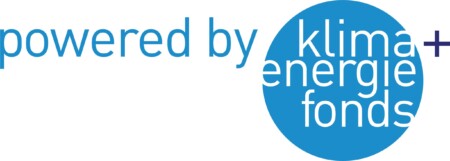PowerTeams – Collaborative engineering of smart grid applications
Collaborative and partially automated engineering of Smart Grid applications along the entire life cycle.
The massive deployment of distributed generators from renewable sources in recent years has led to a fundamental paradigm change in terms of planning and operation of the electric power system. Due to the increased digitalisation, the electric energy system is moving towards a cyber-physical system of systems. To counteract the increased complexity that is associated with this change, new engineering methods have been developed.
It is a common feature of all those approaches that they are monolithic and not well prepared for being extended. In addition, the interoperability between different engineering services is very limited. Furthermore, they offer little support for a collaborative engineering process, although it is expected that the engineering of future energy applications will require cooperation between experts from different domains like power system, automation, ICT, etc.
Goals and Approaches
PowerTeams addresses these shortcomings with the development of a concept of a model-based, service-oriented, and collaborative platform for the engineering and validation of smart grid applications. The overall goal is to develop a scalable architecture of an interoperable and distributed ecosystem that offers modular engineering services to collaborating teams.
Expected Results
The main expected result is the architecture and a prototypical implementation of the PowerTeams platform, which enables the interoperable integration of a broad spectrum of services related to the engineering and validation of modern energy applications – including services to make use of laboratory infrastructure and data platforms. The PowerTeams platform thereby supports the management of engineering data, which is necessary for a consistent, transparent and interoperable digitization of the energy system. The PowerTeams platform is validated internally and tested with selected external experts of the energy community.




